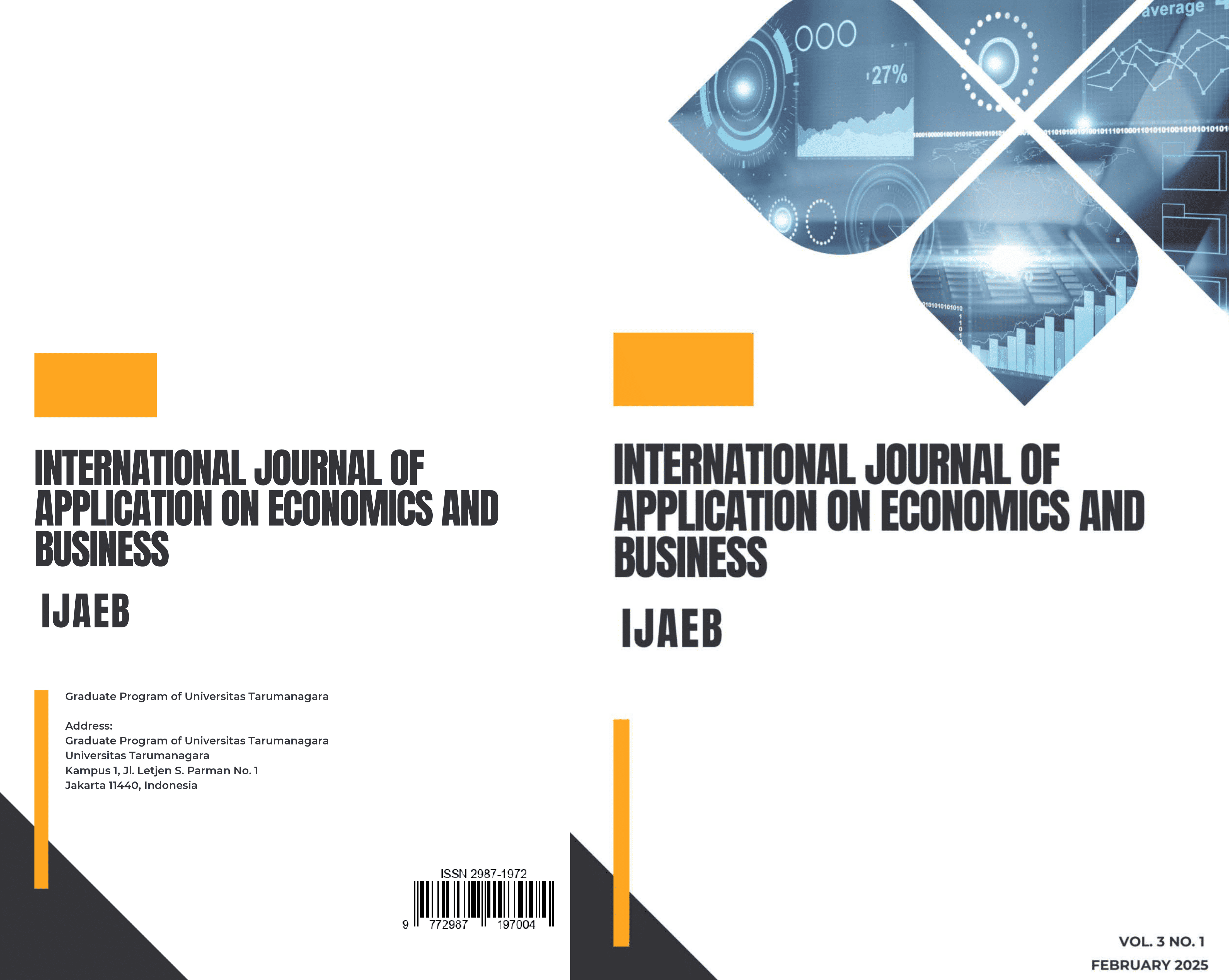CASE STUDY OF IMPROVING OPERATIONAL EFFECTIVENESS OF CONGREGATE MEAL PROGRAM FOR ELDER IN CHIAYI COUNTY
Main Article Content
Abstract
The issue of population aging in Taiwan is becoming increasingly severe, necessitating simple dining solutions such as senior cafeterias to facilitate social interaction among the elderly. These cafeterias aim to provide the elderly with basic care for their health, daily live, psychological and social well-being, and even leisure education. However, despite the efforts put into these programs, numerous challenges and areas for improvement persist. This research focus on the senior cafeterias in Chiayi County as a case study to investigate the current status of community-based congregate meal services for the elderly and explore ways to enhance their operations and benefits. The study begin with surveys and in-depth interviews with key stakeholders involved in the operation of these cafeterias. Following data analysis, recommendations are presented for improving the operation of senior cafeterias in Chiayi County. These recommendations encompass strategies for securing funding and personnel support, modifying meal service approaches, enhancing hygiene and safety measures, organizing cross-district activities, promoting food waste utilization, and providing transportation services.
Article Details
Section

This work is licensed under a Creative Commons Attribution-NonCommercial-ShareAlike 4.0 International License.
This journal provides immediate open access to its content on the principle that making research freely available to the public supports a greater global exchange of knowledge.
IJAEB by Graduate Program of Universitas Tarumanagara is licensed under a Creative Commons Attribution-NonCommercial-ShareAlike 4.0 International License.. Permissions beyond the scope of this license may be available at https://journal.untar.ac.id/index.php/ijaeb
References
Audit Office, Public Policy Network (2020). Long-Term Care 2.0: Ten-Year Plan. Audit Office, Public Policy Network Participation Platform. Retrieved from https://cy.join.gov.tw/policies/detail/fe6b06a8-e5c0-4786-b562-b0aee1257f12. (In Chinese)
Castro, J. M. (2001). Heritability of diurnal changes in food intake in free-living humans. Nutrition, 17(9), 713-720.
Central Intelligence Agency (2021). Total Fertility Rate. The World Facebook.
Chiayi County Government Official Website (2022). Background of Age-Friendly City. Chiayi County Government Website. Retrieved from https://www.cyhg.gov.tw/cp.aspx?n=26A0B1DA6A0EBAA2. (In Chinese)
Chu, K. F. (2016). The person who assists in bathing is the one who determines the quality of life: 5 important realizations I felt in the bathroom. Retrieved from https://today.line.me/tw/v2/article/YxkR5M. (In Chinse)
Ho, D. Z., Tseng, C. H., & Huang, C. H. (2003). Introduction to elderly nutrition meal services. Southern Region Elderly Counseling Service Center Bimonthly, 12, 2-8. (In Chinese)
Huang, S. Y., & Hsu, Y. S. (2005). Factors influencing dietary nutrition in the elderly. Food Industry, 37(14), 21-24. (In Chinese)
Lee, J. F. (2020). A Study on the Current Situation and Reflection of Community Care and Support Centers' Meal Sharing (Unpublished doctoral dissertation). Department of Food and Nutrition, Providence University, Taichung, Taiwan. (In Chinese)
Lin, K. Y. (2020). Analysis of the Current Status of Elderly Meal Sharing in Taiwan: A Case Study of Yujing District, Tainan City (Unpublished master's thesis). Department of Management, National Chung Cheng University, Chiayi City, Taiwan. (In Chinese)
Lu, B. J. (2012). Elderly Welfare Services. Taipei: Wunan Publishing. (In Chinese)
Zhao, M. G. (2014). Exploring Elderly Meal Services through Social Enterprise Thinking: Analysis of Community Elderly Cafeteria Planning (Unpublished master's thesis). Nanhua University, Chiayi County, Taiwan. (In Chinese)

